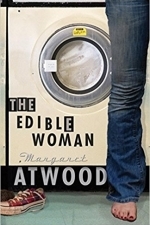
Wolfram Calculus Course Assistant
Education and Reference
App
Taking calculus? Then you need the Wolfram Calculus Course Assistant. This definitive app for...
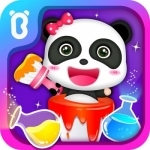
Magical Color Mixing Studio
Education and Games
App
The mischievous mouse is after Miumiu’s candy again. Can you mix paint and potions to hide her...

Intro to Psychology Mastery
Education and Medical
App
Intro to Psychology Mastery will give you an introduction to the essential topics learned in a...
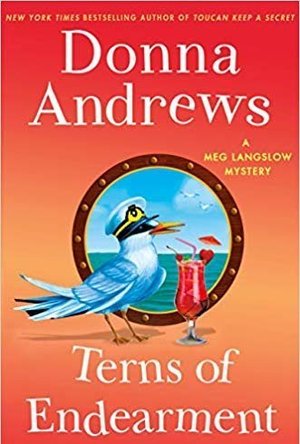
Terns of Endearment
Book
Meg Langslow's grandfather has been booked by a cruise line to give lectures on birds and other...
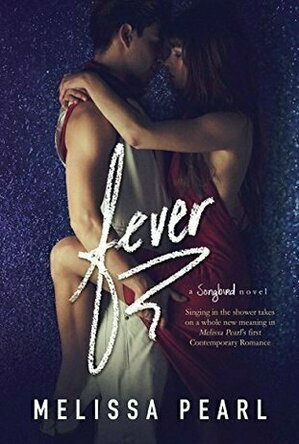
Fever (Songbird #1)
Book
Singing in the shower takes on a whole new meaning in Melissa Pearl's first New Adult Contemporary...
Contemporary Romance
Jamie (131 KP) rated The Edible Woman in Books
May 24, 2017
The Edible Woman explores the themes of losing a sense of self with maturity. At work she is pushed around, her roommate Ainsley is inconsiderate, the landlady is judgmental, and her boyfriend Peter is self centered and makes snide comments at Marian’s expense, acting like he can barely tolerate her. With each encounter Marian puts aside her pride for the sake of avoiding conflict. Marian expresses her problems through eating, or the lack thereof, hinting at a potential eating disorder. Just as she feels inhibited in life, she suddenly feels inhibited with the kinds of food that she can eat.
As the story continues she begins to dread marriage and question the direction her life is going—becoming just as listless as her friend and former classmate Clara, who after marriage and three pregnancies just seems beaten down. Marian’s fiancé Peter is the stereotypical perfect bachelor: a man’s man that looks down on women and views marriage as a ball and chain. Peter pushes Marian around in order to mold her into a subservient woman. There is no longer any room for her thoughts, her feelings, or her desires from under his shadow.
But what about work? What are women’s roles in society and the work force? Throughout the story there are several women including Marian with college educations, yet none of them really have a stable career. Women are expected to be wives and mothers, there’s simply no time for an education or a job. In this case, their educations are ultimately viewed as their downfall due to the crushing reality of how little opportunity they would have. This was the very sad truth at the time the book was written and thankfully is not exactly the case now in most parts of the world.
Atwood tackles a large number of social issues throughout the book that I think would be important for any young woman. Adulthood, relationships, marriage, the choice between work and education versus starting a family, and lastly feminism—both good and bad. (Hint: Ainsely is a perfect example of a bad feminist.)
There are certain elements of the book that are becoming quite dated. Namely the typewriters, the social expectation that all women can be are housewives, and the limited ways that women can dress; These things might make it difficult for young women to look past and relate to the main character. Despite this the book is still incredibly relevant in the message that it brings about maintaining one’s individuality. I absolutely love this book and found a lot of my former self in it’s pages.
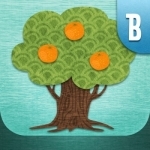
The Math Tree
Education and Games
App
Come learn arithmetic with The Math Tree! Add and subtract bluebirds, doves, plums, peaches and more...
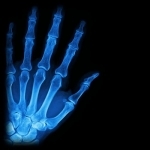
RealWorld Orthopaedics
Medical and Health & Fitness
App
* FEATURED IN AAOS' MULTIMEDIA EDUCATION CENTER * * Now compatible with iOS 8 * RealWorld...
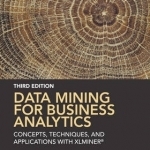
Data Mining for Business Analytics: Concepts, Techniques, and Applications with XLMiner
Galit Shmueli, Nitin R. Patel and Peter C. Bruce
Book
Data Mining for Business Analytics: Concepts, Techniques, and Applications in XLMiner(R), Third...

A Woman's Decision: Breast Care, Treatment & Reconstruction
Karen Berger, John Bostwick and Glyn E. Jones
Book
Answers to your patients' most vital, heartfelt questions! For years, A Woman's Decision has been...
